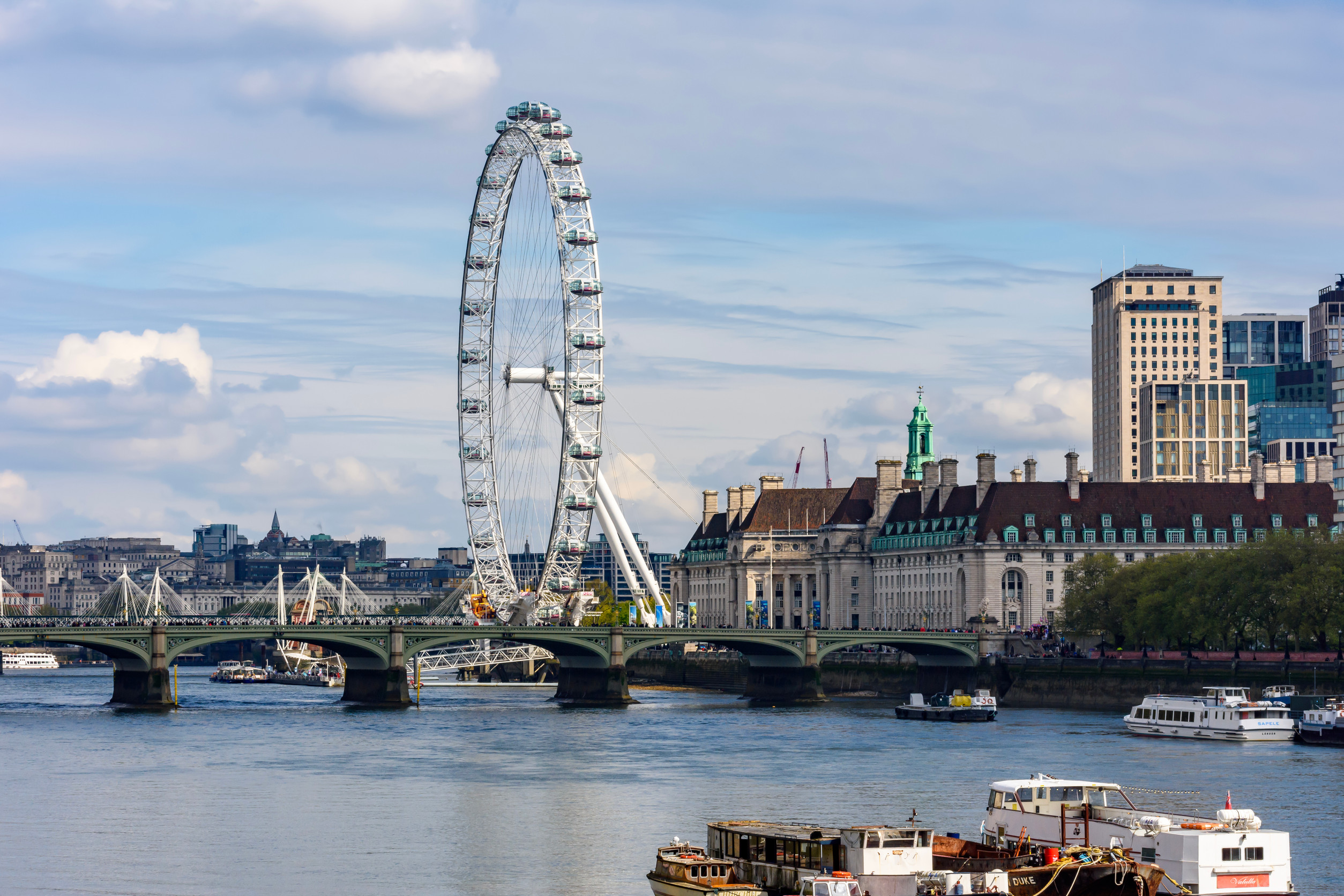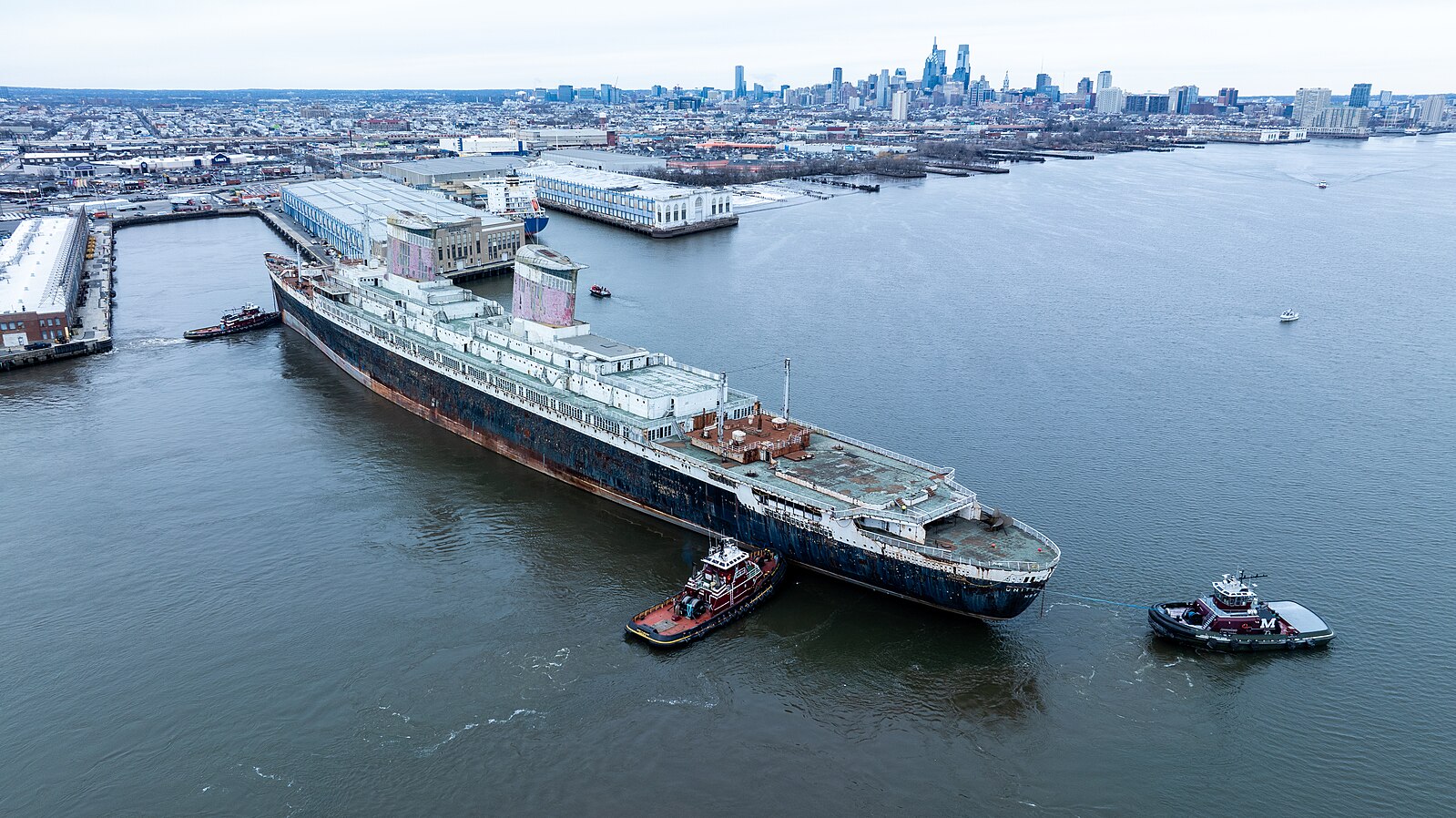It was in 2017 when Hurricane Maria gathered its strength and powered its way through the tiny island of Dominica. When Maria had moved on, over 90 percent of the island’s structures were destroyed, leaving huge swaths of the population homeless and the economy crippled.
In the span of a single night, Dominica was torn apart. But from the devastation, the tiny country forged a new goal: to become the world’s first climate-resilient nation, capable of prospering despite a new era of storms made worse by climate change.
That means not only constructing buildings that can withstand hurricane conditions, but also creating a diverse economy that can strive forward even when a hurricane hits. To do the latter, Dominica is creating a tourism sector that attracts more high-end spenders and an agricultural system that grows a variety of fruits and vegetables eaten locally, rather than primarily exporting bananas.
Another component of Dominica’s plan to become climate resilient involves banning plastic. The reasoning for the ban boils down to infrastructure. Dominica’s waste collection system, run by the government-created, privately run Dominica Waste Management Corporation, collects trash that goes into a single, already-stuffed landfill. But what if residents could instead individually compost their single-use items in the hot, humid conditions of the Caribbean?
Might they lessen, or avoid altogether, the need for recycling machines that may not hold up during the next version of Hurricane Maria? This would not only spare the infrastructure but also help Dominica keep a pristine image that will attract tourists rather than deter.
Curious to know the many other steps Dominica is taking to becoming a hurricane-resilient island? Look no further.











